Leveraging Networked Multilateralism for Effective Peace Support Operations in Africa
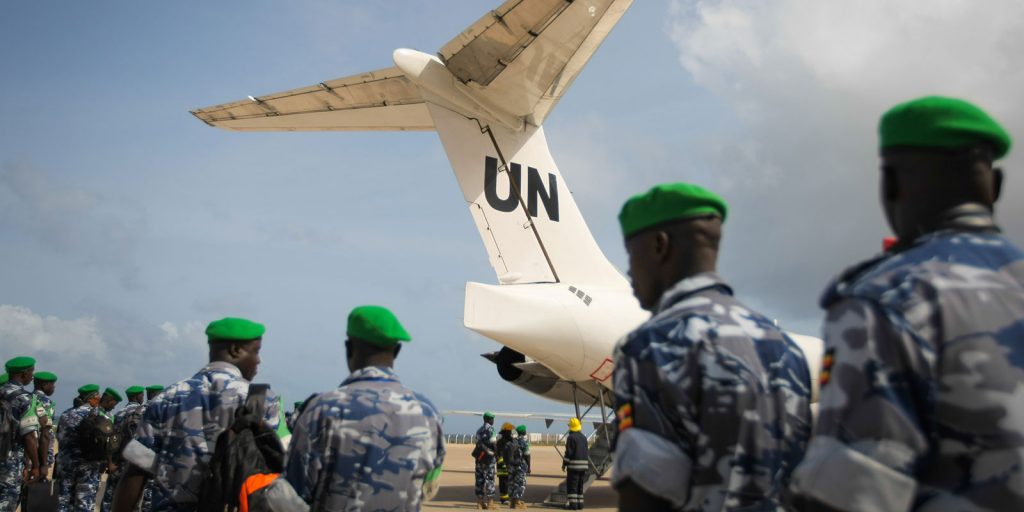
There are a number of examples of networked multilateralism in Africa, where regional and global institutions work together to pursue peace and stability on the continent, including in the area of peace support operations.
Sino-African cooperation in the context of the COVID-19 pandemic
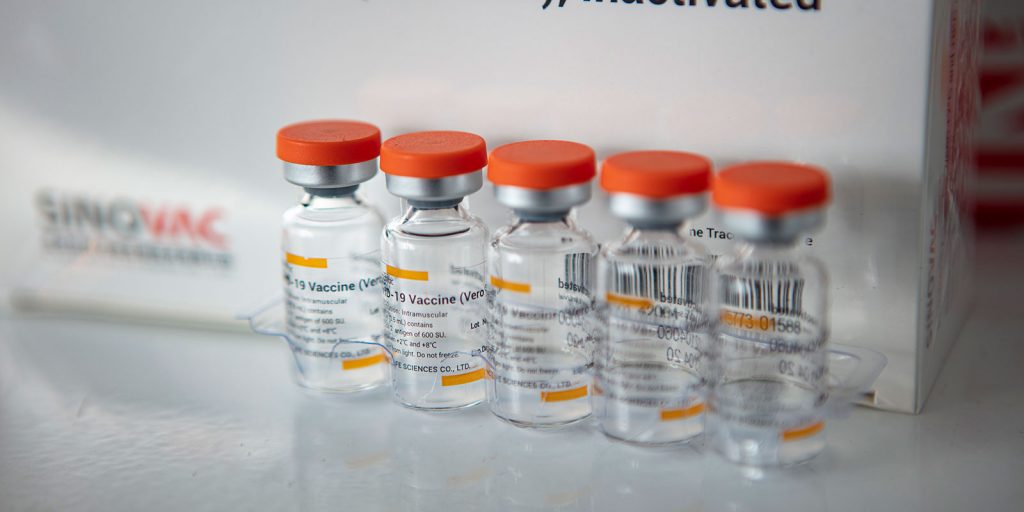
The Upcoming 8th FOCAC Summit gives both Africa and China an opportunity to focus on cooperative efforts to contain the COVID-19 pandemic and on the post-COVID-19 economy.
China’s Role in COVID-19 in Africa: Tuánjié (Solidarity) or Zhànlüè (Strategy)?
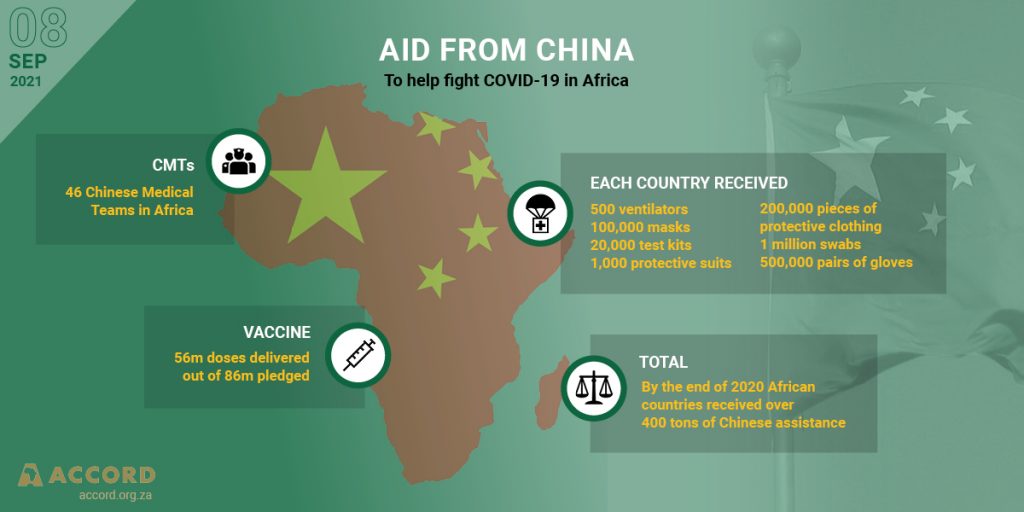
China’s role in Africa is one of both solidarity and strategy, as has been shown during the COVID-19 pandemic.
A renewed discourse on managing inclusive transitions in Africa
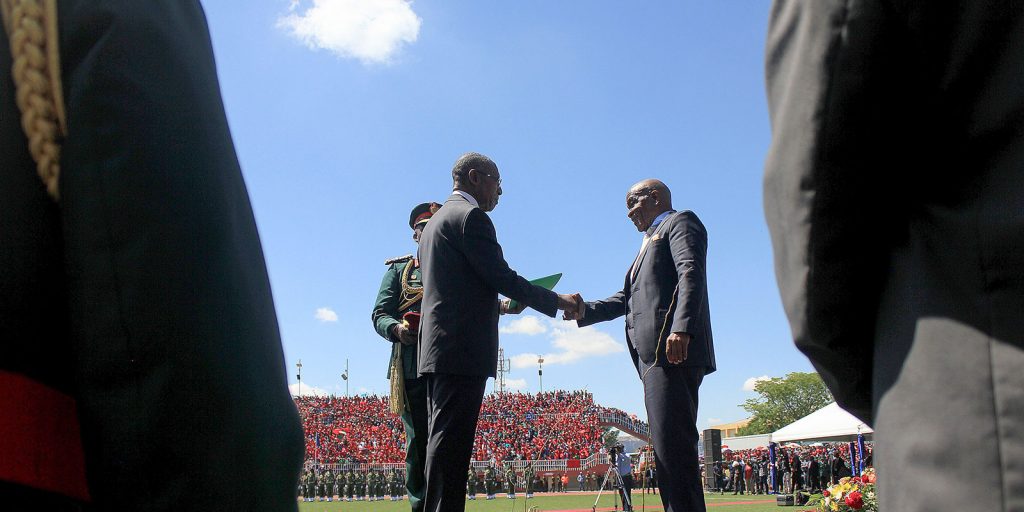
Investment in building effective, inclusive, accountable, and just institutions at all levels prior to political transitions in Africa, could foster post-transition stability on the continent
The SADC Summit: Trade, Industrialisation and COVID-19
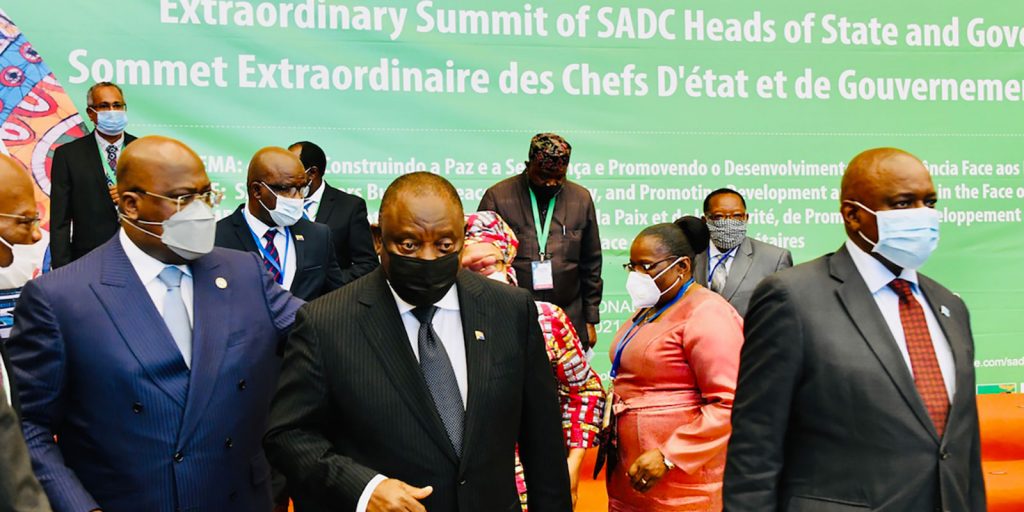
The COVID-19 pandemic came with destabilising effects on the Southern Africa Development Community’s (SADC) development agenda on industrialisation, trade and free movement across borders. COVID-19 has also had a significant impact on national politics in the region as can be witnessed through political changes and developments that have taken place in countries such as Eswatini, Zambia, South Africa and Madagascar where there have been hostilities, civil unrest and instability owing largely to economic hardships in the respective countries.
The Prospects for a Successful SADC Mission in Mozambique
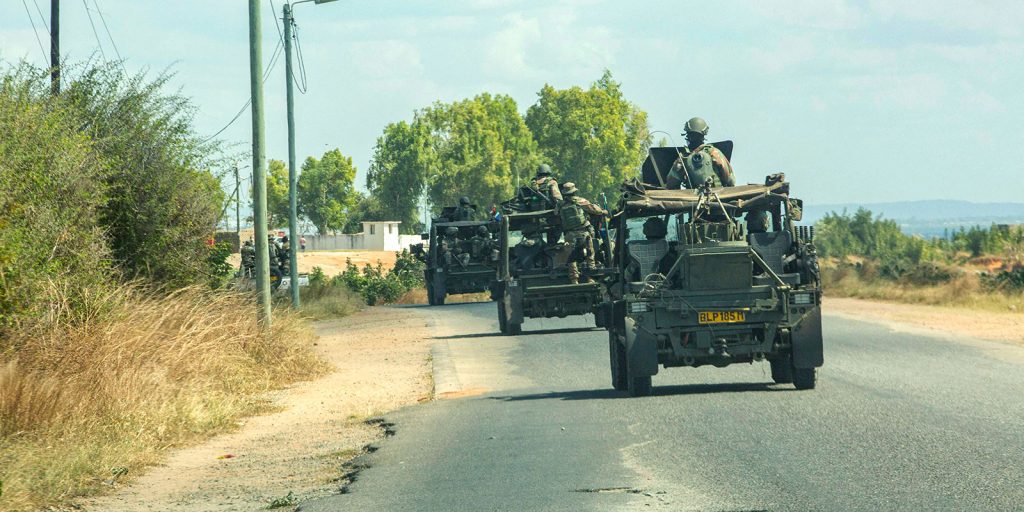
Much has changed since the Ansar al-Sunna insurgent group in northern Mozambique captured the vital port city of Palma in April 2021. The setback, and subsequent withdrawal of Total Energy from its $20 billion natural gas project in the area, shocked Mozambique’s government after years of underestimating the insurgency, and failed experimentation with mercenaries. Even so, it was oddly reluctant to accept a Southern African Development Community’s (SADC) intervention mission, first delaying in at least two SADC Summits the mission announcement and then delaying the signing of the Status of Forces Agreement (SOFA) without which no troops could deploy. It now appears that this was intentionally done in order to allow for a rapid deployment of over 1 000 Rwandan military and police personnel to the area long before substantial SADC Mission in Mozambique (SAMIM) could deploy.
Towards A Youth-Led Peace & Security Agenda in SADC
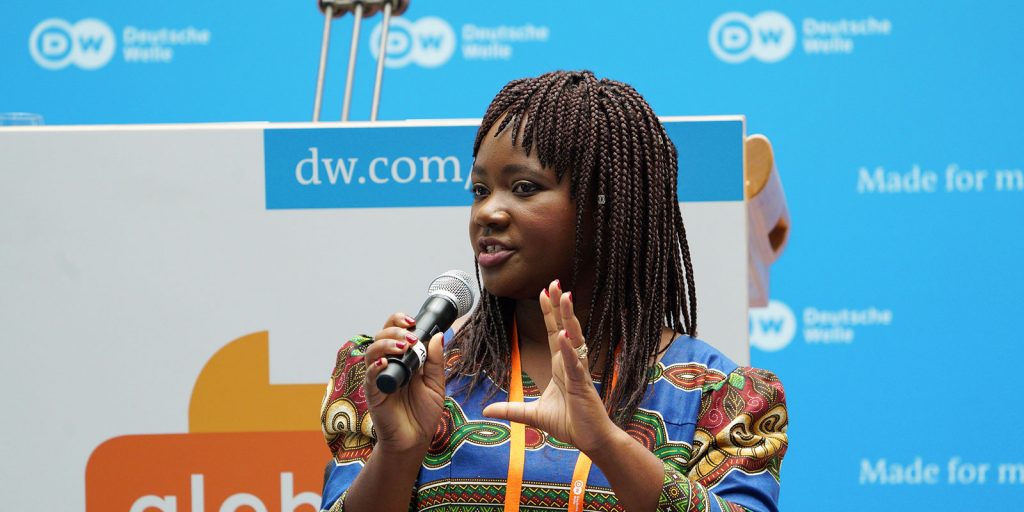
Peace and security remain a top priority for the future of the Southern African Development Community (SADC), where issues of governance, slow socio-economic development and armed insurgency continue to pose significant threats to the region’s long-term stability. With over 40% of the population in Southern Africa made up of young people, their potential to contribute to social development against this backdrop, remains largely untapped.
South Africa’s vaccine drive hits its stride
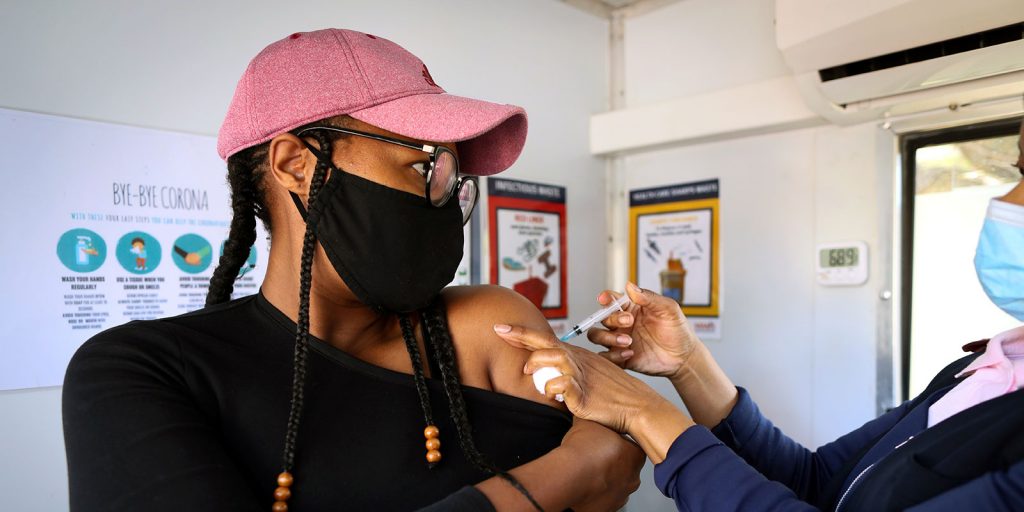
Amid a purported increase in vaccine hesitancy in South Africa, and a week of unrest in early July which caused interruptions to the vaccine drive in parts of the country, South Africa has now opened up vaccinations to the entire adult population, that is anyone over the age of 18. Despite studies suggesting that vaccine hesitancy was more prevalent among younger age groups, the youth flocked to vaccine centres in their thousands heeding the government’s call to get vaccinated against COVID-19, stifling some of the panic surrounding vaccine hesitancy.
Another peaceful election in Africa
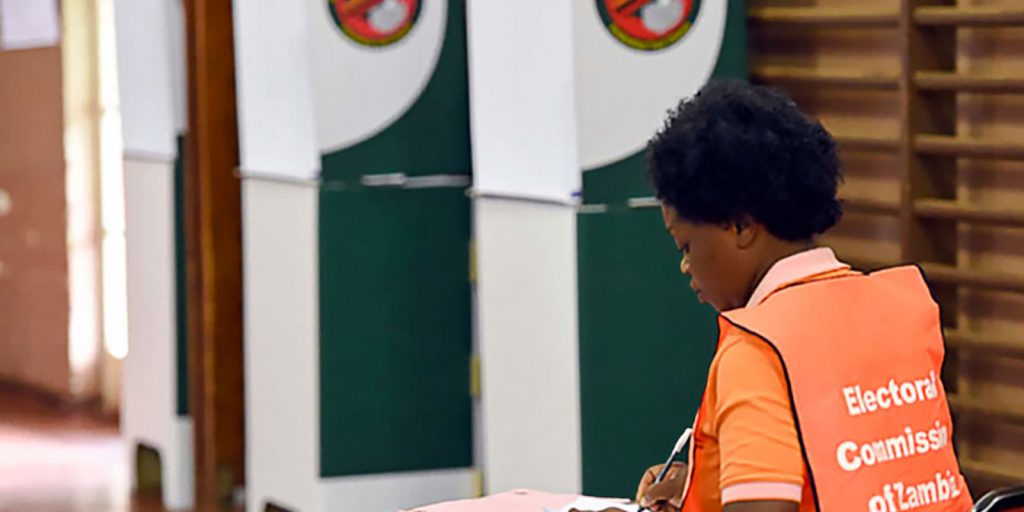
The outbreak of COVID -19 and the ferocity with which it has spread across the world imposes the need for an equally formidable response to safeguard not only public health, but also democracy. This is in view of the fact that the magnitude of this global health crisis could topple democratic institutions and offer a glamorous appeasement to governments to use emergency powers to inhibit civil and political rights.
The Zambian 2021 general elections overview
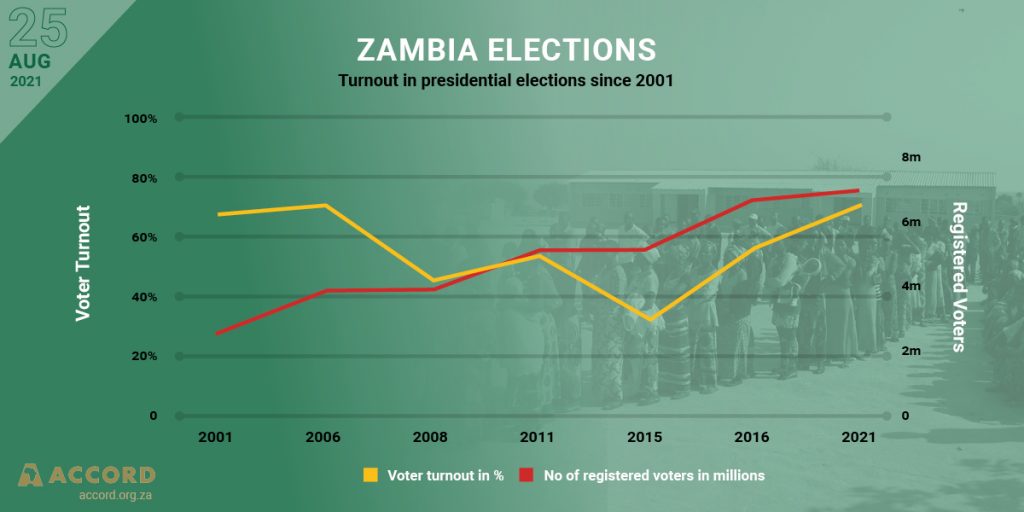
Zambians went to the polls on 12th August 2021 to cast their votes in the General elections. The political landscape was dominated by two political parties; the ruling Patriotic Front (PF) led by Edgar Chagwa Lungu, and the opposition United Party for National Development (UPND) led by Hakainde Hichilema. After a tense election, the opposition leader Hakainde Hichilema emerged as the winner of the Presidential election with almost one million votes more than the incumbent.
